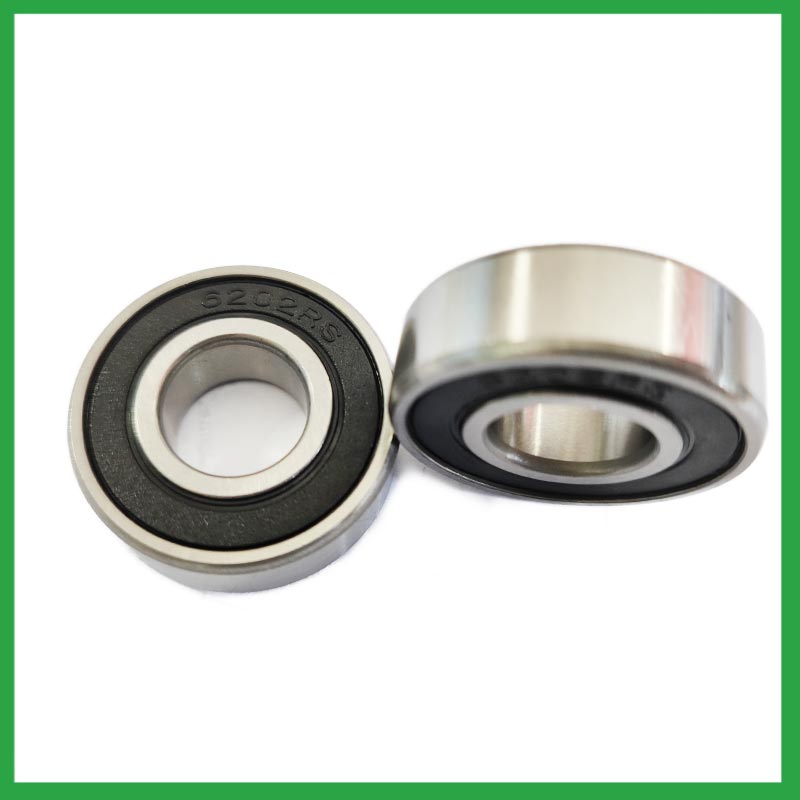PRODUCTS
CONTACT US
Ningbo Nide International Co., Ltd.
一一
· Contact person:Jack Zeng
· Mob/Whatspp/WeChat:0086-13738869026
· Email:emarketing@nide-group.com;marketing4@nide-group.com
· Add:No. 169, Wohushan Road, Daqi Subdistrict, Beilun District, Ningbo, China
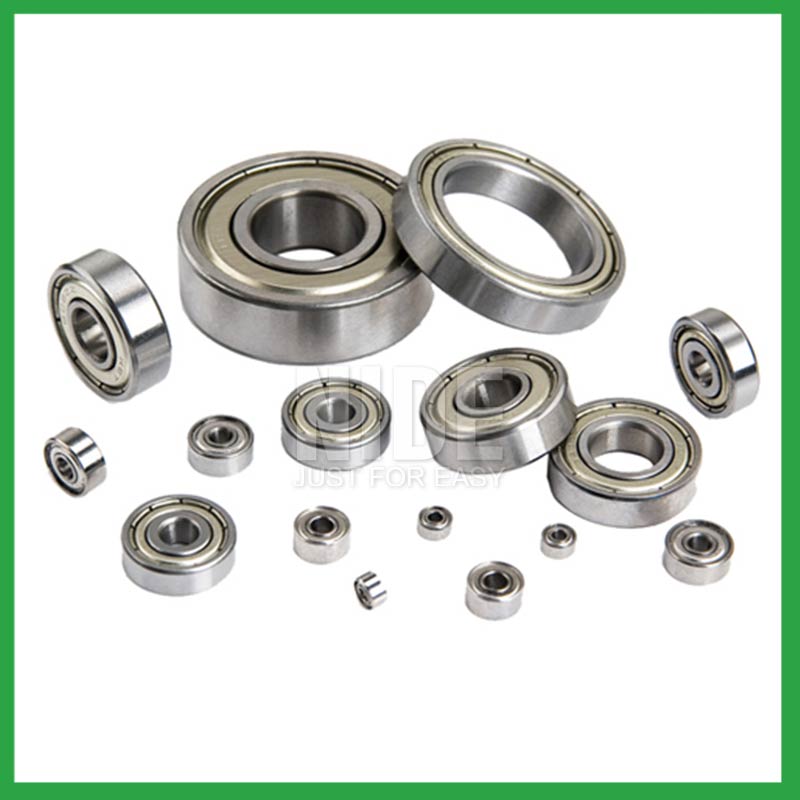
Nide team could manufacture ball bearing as per customer’s drawing and samples.
If customer only has samples, we could also design drawing fo r our customer.
We also provide customized service.
Our ball bearing is widely applied the different industrials.
Ningbo Haishu Nide International Co., Ltd was founded in 2010 and is located in the high-tech zone of Ningbo, the industrial center of China. It is very close to Ningbo Port and Shanghai Port. We products products including carbon brush,commutator,magnet,fan,ball bearing,insulation paper,motor cover and lamination, etc The product is widely used in industries such as water pump motor,electric automotive motor,compress motor,BLDC motor,electric bicycle motor,air condition motor,fan motor,washing machine motor.
In addition to building machines internally and controlling their quality and service system, we also provide customers with some auxiliary machines outsourced from other professional manufacturers. Its purpose is to reduce additional work for customers and alleviate concerns about quality issues. With excellent service, unique philosophy, professional team, and reliable quality, we have gradually won the trust of global customers.
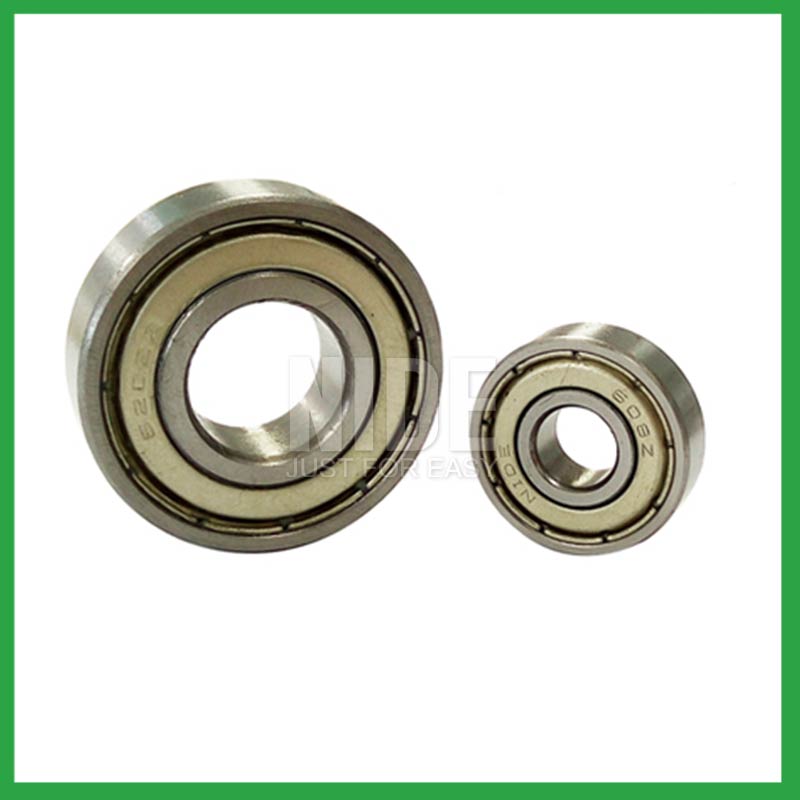
| Parameter | Information |
| Product Name | 100mm ball bearing |
| Brand Name | Nide |
| Place of Origin | China |
| Type | Ball |
| Material | stainless steel, etc. |
| Sample | Avaible |
| Warranty | 3months-1year |
| Lubrication | Dry/ Oil |
| Application | textile machinery,small rotary motors, etc. |
| Port | Ningbo/Shanghai |
| Size(mm) | customize |
| Export Country | Argentina,Brazil,South Korea,Lebanon,Spratly Islands,Togo,Eritrea...etc |
| Export region | Europe,Asia,Africa... |
| Certification | ISO 9001 Certification,CE-stator coil forming machine,CE-stator coil lacing machine,etc |
| Precision Rating | as per customer's requirement |
| Feature | Strong carrying capacity,Low Noise...etc |
| Packaging Details | Suitable for sea transportation |
| Color | white+customized |
| Seals Type | Rubber seals |
| Service | Prompt Delivery |
| Supply Ability | 100000-500000 Piece/Pieces per Month |
| Lead time (days) | 15-20 (To be negotiated) |
Please note: The above table data is for reference only. For specific information, please contact us.
100mm ball bearing can be used in household appliances, such as mixers,upper and lower pressure rods,barrel machine spindle bearings,refrigerator door leaf wings, etc; It can also be used in industrial fields, such as weaving machine spindle bearings,bearing cabinets,motors,reducers, etc.
During the installation process, pollution from dirt and wear media should be prevented;
Temperature and humidity should be controlled to avoid excessive temperatures during startup and operation;
It should be operated and lubricated in the correct reverse direction to avoid unnecessary damage.
Ball bearings have many advantages, making them highly competitive in the market.
Firstly, they are very durable and have good wear performance, making their service life longer than many other types of bearings.
Secondly, they are easy to install and can provide low friction performance in various applications.
Thirdly, they require a relatively low level of maintenance, making them cost-effective.
In addition, compared to many other types of bearings, their purchase cost is relatively low, making them an economical choice.
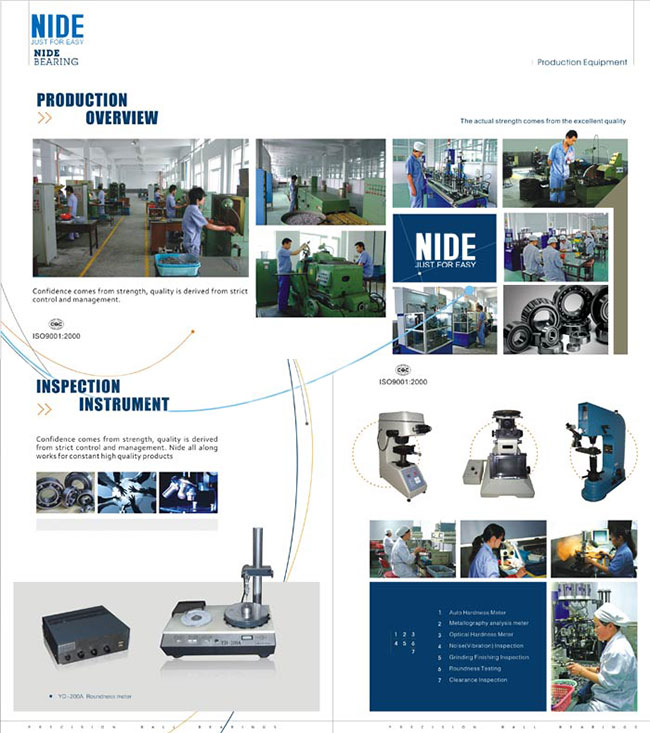
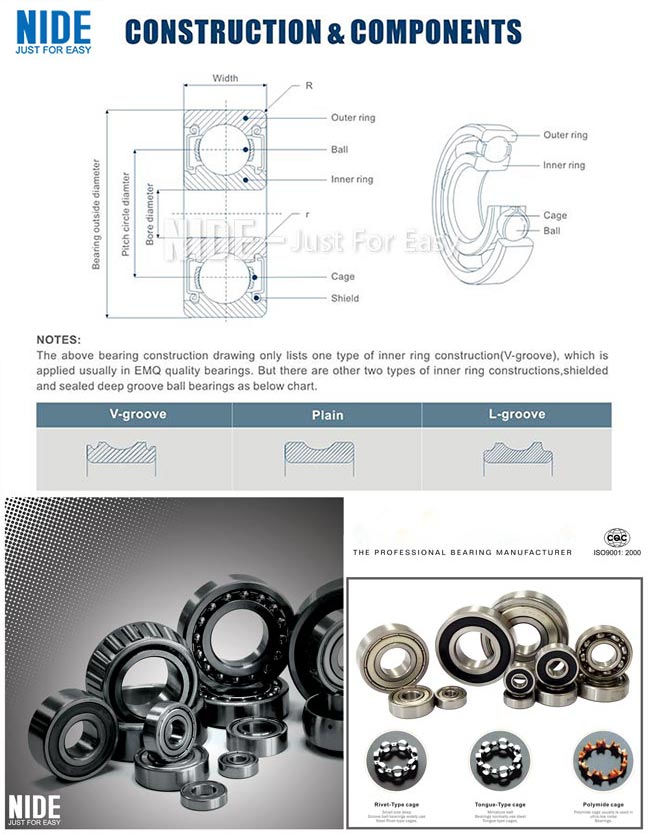
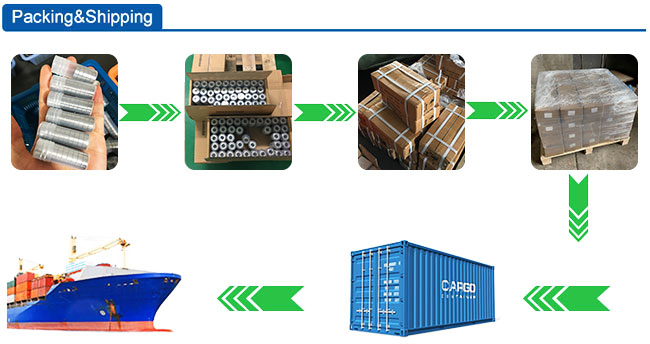
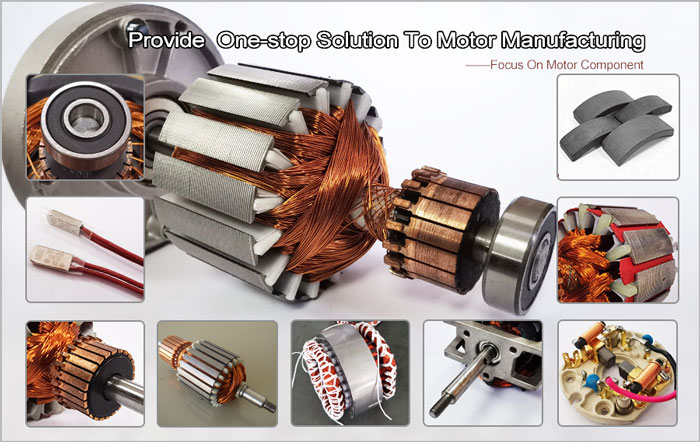
100mm ball bearing---FAQs Guide
2.How do cage designs affect 100mm ball bearing speed and acceleration capabilities in high-speed machinery?
3.Are there 100mm ball bearing designed for use in critical medical equipment?
4.How do manufacturers ensure the quality and reliability of 100mm ball bearing through material selection and precision machining?
5.Are there specific 100mm ball bearing designed for applications in the aerospace and aviation industries, and what standards do they adhere to?
6.Can 100mm ball bearing handle shock loads and high-impact conditions in heavy machinery?
7.Are there miniature 100mm ball bearing designed for use in precision instruments and small-scale mechanisms?
8.Are there ceramic 100mm ball bearing designed for specific applications requiring high-temperature or corrosion resistance?
9.How do 100mm ball bearing contribute to the overall efficiency and energy savings in industrial machinery and transportation systems?
10.As a 100mm ball bearing manufacturer,What is your payment method?
11.What are the advancements and innovations in 100mm ball bearing technology that have emerged in recent years?
12.How do manufacturers address concerns related to bearing noise and vibration in sensitive equipment?
13.What are the common materials used in 100mm ball bearing manufacturing?
14.Can 100mm ball bearing be used in vacuum or cleanroom environments, and what measures are taken to prevent outgassing or contamination?
15.Where can 100mm ball bearing be used?
16.What are the standard sizes and dimensions of 100mm ball bearing?
1.How do different 100mm ball bearing designs, such as deep groove, angular contact, or thrust bearings, cater to specific applications?
Deep groove 100mm ball bearing: Deep groove ball bearings are the most common type. They can handle both radial and axial loads. Angular contact ball bearings: Angular contact ball bearings have higher than average internal axial clearance. They can handle axial loads in one direction and moderate radial loads.
2.How do cage designs affect 100mm ball bearing speed and acceleration capabilities in high-speed machinery?
In high-speed 100mm ball bearing, external load has a great effect on cage stability and sliding ratio, especially for the bearings at work in the starting process. The cage stability is worse in the beginning of the bearing starting process. The axial load greatly influences cage dynamic performance in the bearing starting process.
In addition, while ball bearings worked under steady conditions, axial load and radial load both have a great influence on cage dynamic performance. The effects of axial load on cage dynamic performance during the bearing starting process are opposite from the effects under steady conditions.
3.Are there 100mm ball bearing designed for use in critical medical equipment?
Precision 100mm ball bearing are among critical components in medical devices that are vital to ensuring patient safety. Correct choice of suitable ball and ring materials and the right product design can ensure high-precision bearings — and medical devices — have a long service life.
Precision bearings are used in a wide variety of medical devices including surgical power tools, ventilators and heart pumps — and patient safety depends on them all. Whatever the device, there is an onus on medical device original equipment manufacturers (OEMs) to ensure that the right type of bearings are chosen, and fit precisely into the application.
4.How do manufacturers ensure the quality and reliability of 100mm ball bearing through material selection and precision machining?
High-precision measuring instruments, such as micrometers and gauges, are used to check the dimensions of the rings and balls to ensure they meet tight tolerances. Surface Finish Inspection: Surface finish is assessed using profilometers to ensure the required smoothness and low friction characteristics.
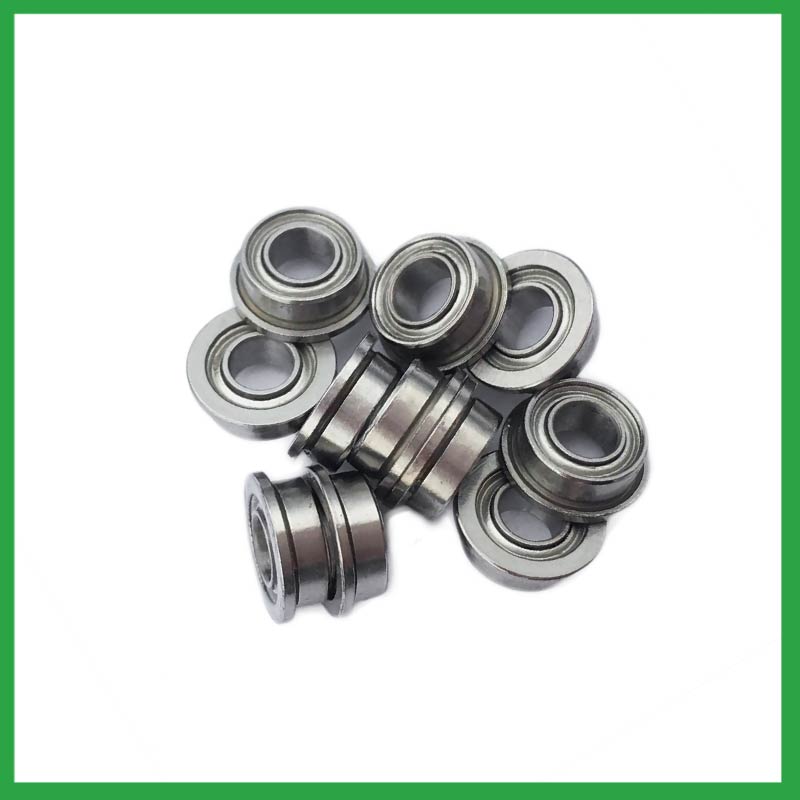
5.Are there specific 100mm ball bearing designed for applications in the aerospace and aviation industries, and what standards do they adhere to?
Airframe control 100mm ball bearing are specialized bearings tailored for aircraft structures, particularly control systems and surfaces. Designed for low-speed oscillatory applications, they offer precision and support, effectively managing misalignments and flight-induced stresses.
Airframe Control bearings are lightweight, corrosion-resistant, grease-lubricated, and are sealed on most occasions. They come in precision grades for running accuracy.
6.Can 100mm ball bearing handle shock loads and high-impact conditions in heavy machinery?
As a general rule, 100mm ball bearing are used at higher speeds and lighter loads than are roller bearings. Roller bearings perform better under shock and impact loading. Ball bearings tolerate misalignment better than roller bearings do. Roller bearings can handle heavy combined radial and thrust loads.
7.Are there miniature 100mm ball bearing designed for use in precision instruments and small-scale mechanisms?
Miniature bearings, despite their small size, play a significant role in various industries and applications. These compact powerhouses, typically measuring less than one inch in outer diameter, offer exceptional precision, durability, and reliability. Miniature bearings find extensive use in precision instruments and robotics.
8.Are there ceramic 100mm ball bearing designed for specific applications requiring high-temperature or corrosion resistance?
Ceramic 100mm ball bearing are a special type of bearing made of ceramic materials, offering superior wear resistance, corrosion resistance, and high-temperature performance. They provide excellent performance in applications requiring high speeds, high temperatures, and resistance to corrosion.
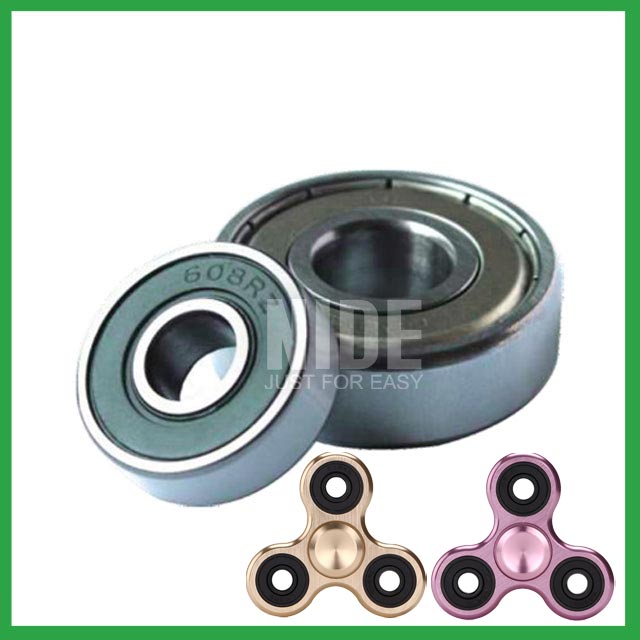
9.How do 100mm ball bearing contribute to the overall efficiency and energy savings in industrial machinery and transportation systems?
The balls roll along the raceway, allowing for smooth rotation of the machinery or equipment. Ball bearings are used to support rotating, reduce friction and support radial and axial loads in high-load, high-speed applications where reliability and efficiency are critical.
10.As a 100mm ball bearing manufacturer,What is your payment method?
We accept T/T, PAYPAL or Western Union, credit card or via ALIBABA Assurance order.
11.What are the advancements and innovations in 100mm ball bearing technology that have emerged in recent years?
Significant advancements have been made in 100mm ball bearing steels over the years. Modern, ultra-clean bearing steels contain fewer and smaller non-metallic particles, giving ball bearings greater resistance to contact fatigue.
12.How do manufacturers address concerns related to bearing noise and vibration in sensitive equipment?
From a 100mm ball bearing manufacturing perspective, a low noise or vibration rating is achieved by paying attention to the surface finish of the raceways and balls, their roundness, and selecting the correct cage design. Finely filtered low noise greases can also be used to reduce vibrations.
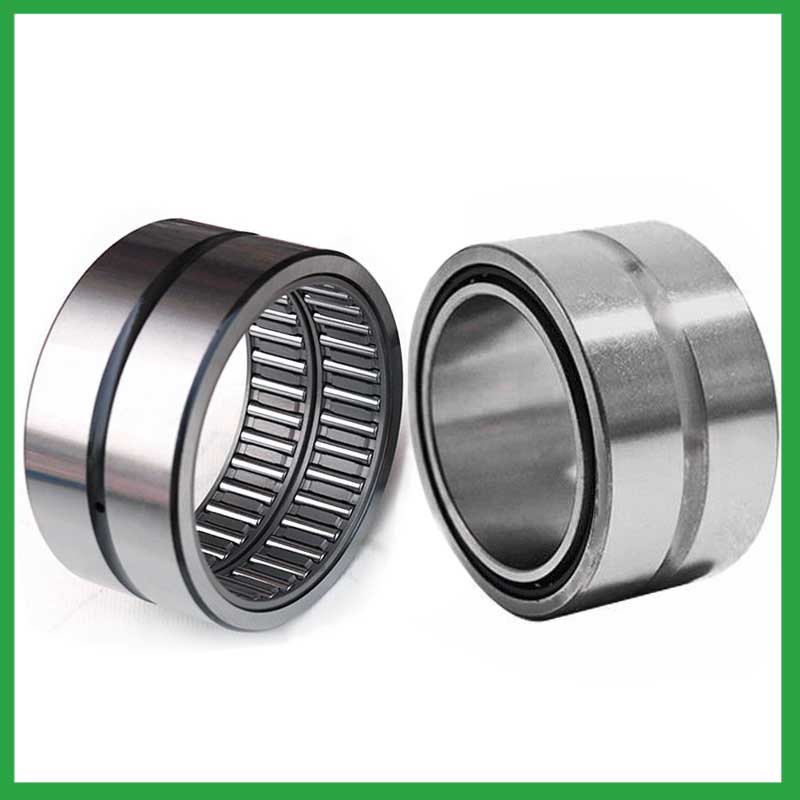
13.What are the common materials used in 100mm ball bearing manufacturing?
Most 100mm ball bearing are made of a type of steel known as high carbon chromium steel, often called chrome steel. This is used for reasons of cost and durability. Bearings are also made from other materials such as stainless steel, ceramics and plastic.
14.Can 100mm ball bearing be used in vacuum or cleanroom environments, and what measures are taken to prevent outgassing or contamination?
Bearings specify stainless steel for vacuum or cleanroom applications as stainless steels used for the rings, balls and retainer exhibit low outgassing. They usually supply open or shielded stainless steel bearings as vacuum bearings as these will outgas less than a nitrile rubber sealed bearing.
15.Where can 100mm ball bearing be used?
100mm ball bearing are very versatile. They can be designed to withstand radial loads, axial loads and combined radial/axial loads at various operating speeds. These characteristics, combined with the relative cost and compactness of the design, give it universal appeal within the industry. Ball bearings are widely used in electric motors, gear reducers and pumps. Serving the automotive, home appliances, aerospace, oil and gas drilling, and mining sectors.
16.What are the standard sizes and dimensions of 100mm ball bearing?
100mm ball bearing size charts are widely available, and can be used to find the measurements of a specific bearing. Series 6200 and 6300 are the most commonly used, and typically range from 10 x 30 x 9 mm (. 394 x 1.181 x . 354 in) to 150 x 320 x 65 mm (5.906 x 12.598 x 2.559 in).
